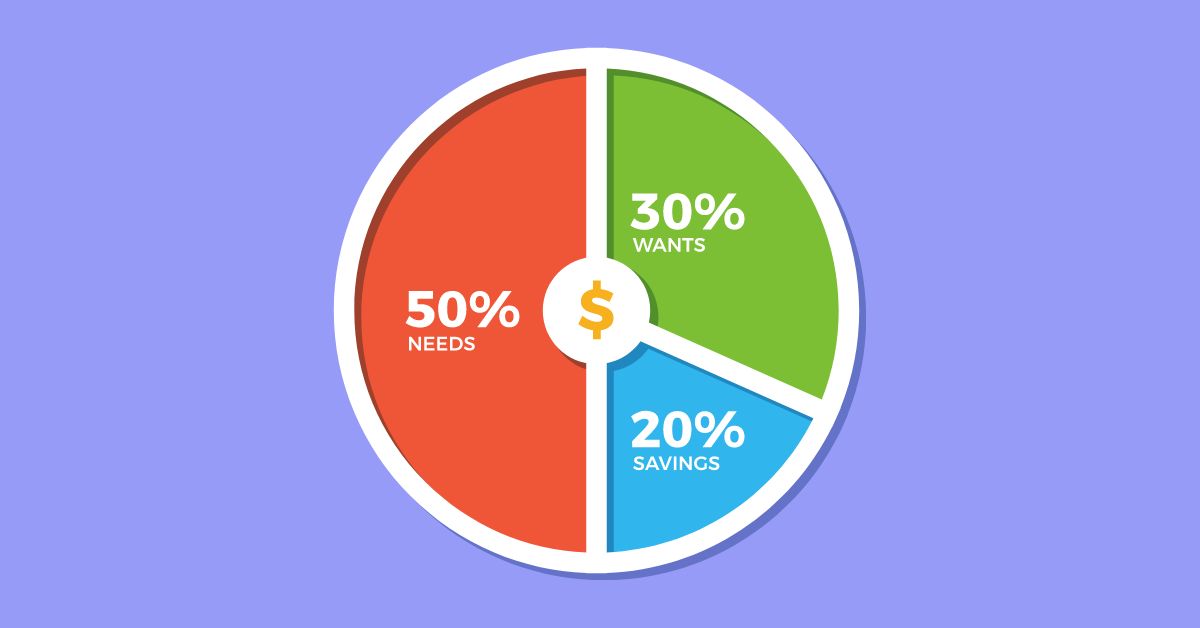While we work hard to earn money, we also need to ensure that our money works just as hard. How do we do this? By investing our savings in a manner that is beneficial to us. Therefore, we must take time and the right resources to plan our investments, ensuring that the plan aligns with our needs and time horizon, so we get what we want when we want it. Here are five smart investment tips that will help you formulate the best investment plan for you. These will also help you analyze a stock before investing.
Here are 5 things you should know:
-
Set your financial goals
Before getting started on your investment journey, you need to be very clear about what you want from your investments. Are the returns paying for a new house? A new car? Trips to the Caribbean? Or is it going towards your retirement fund? Your dreams can be set as financial goals, ensuring that you and your money are working towards a set goal. Map your life goals so you can clearly define your financial goals. A crucial component of setting this is also assigning an amount to each goal. For example, you need Rs 30 lakh as a down payment for a home or Rs 6 lakh to go on a cruise. This is crucial in devising an investment plan that works for you.
-
Time horizon for each financial goal
Now that you have your goal and the amount set, the next crucial piece of the investment puzzle is the time. By when do you need to achieve this goal? In other words, how much time does your money have to earn the desired returns? If your goal is to buy a house, by what age do you want to buy it? If you want to travel abroad, when is your next trip, and how often do you want to travel?
Similarly, for your children’s education, marriage, your retirement, you need to define a time horizon for each goal. Once you assign the years, you will understand if the goal is long-term, mid-term, or short-term. Usually, long-term goals are categorized as those that are more than five years away. This allows you to create a diversified portfolio that will meet your life’s milestones while inculcating disciplined investment habits.
-
Your risk appetite
How much risk can you truly digest? With your goals and time horizon set, you are one step closer to selecting top investments for your diversified portfolio. However, what defines your investment plan is your risk appetite or risk tolerance. Risk refers to how much money you stand to lose when you invest in an asset. Be it a stock market investment or a property investment. Every investment comes with its own risk. Some are high reward, high-risk investments, whereas some options have low risk but low returns. For example, mutual funds are riskier than parking your money in a fixed deposit. However, you stand to earn more by investing in a mutual fund than in an FD. You need to find a sweet spot in the trade-off between risk and reward. You can be risk-averse, risk-neutral, or an out-and-out risk-taker. This is a notional concept, and therefore you are the only person who can determine how much risk you can stomach. For example, suppose you invest in a mutual fund with a five-year time horizon, but the markets crashed in the third year, lowering the value of your investment. If you start to worry incessantly over a notional loss, then you’ve taken on more risk than you can handle.
-
Allocate your assets for a well-diversified
portfolio
A smart investment tip that every financial expert will talk to you about is diversifying your investments. Well-diversified investments insulate you from booking too many losses. For example, the price of gold remained low for a considerable amount of time before dramatically rising in 2020. On the other hand, the stock market was doing exceptionally well before crashing during the lockdown due to the pandemic. Having invested in both, the loss in one asset class can be offset by a gain in another asset class. Therefore it is essential to understand how you want to allocate assets to build the best investment plan. Ideally, this should be determined by your risk appetite and not by how the assets are performing currently. -
Select the right investment instrument
So far, you have established what you want, when you want it, and how much risk you are willing to take on to get it. Now, all that’s left is to decide what you want to invest in. Determined by your risk appetite and time horizon, you will choose different investment instruments for different financial goals. For example, if you have a toddler and you need Rs 3 lakh for pre-kindergarten school fees, you need a fixed amount of money in the short term. For this, you cannot take on many risks and could opt for investing in a fixed deposit plan. It will earn a fixed interest rate where you know how much you will earn by maturity.
On the other hand, you can start investing in a riskier asset for your toddler’s college education, such as mutual funds. Being a decade away, this is a long-term investment, and you can afford to take on more risk for higher returns. Even when you invest in stocks, ensure that you analyze the stock before investing. Study its performance over the last few quarters. Understand its take on the future. Know whether you are in it for the long haul before taking the leap.
This entire process may overwhelm any new investor. Here you can get benefit from investing in WealthBaskets.
WealthBaskets are a portfolio of stocks and ETFs that help in wealth creation through low-cost and well-diversified portfolio investments.
It is extremely crucial to start investing early in life, preferably from your first salary at your first job. But it is just as important to know what you are investing for, the time horizons, and your risk appetite. While none of this stays constant through life, make sure you review your goals, tenure, and risk tolerance periodically to help you stay invested in the best investment plan for you.
FAQs
The best thing to invest in as a first-time investor is mutual funds, fixed deposits, individual stocks, etc. More than what to invest in, it is essential to understand what you want to get from your investment to determine where you should invest.
Yes. You can invest Rs 100 in the share market. Many stocks trade under Rs 100. You can do your research for these company stocks and buy the one that looks the most promising.
From SBI Life Insurance, Bajaj Finance, etc., many BFSI stocks will grow in the future. However, the key is to study the plans of mid-cap and small-cap companies, determine undervalued, and invest in those.


















